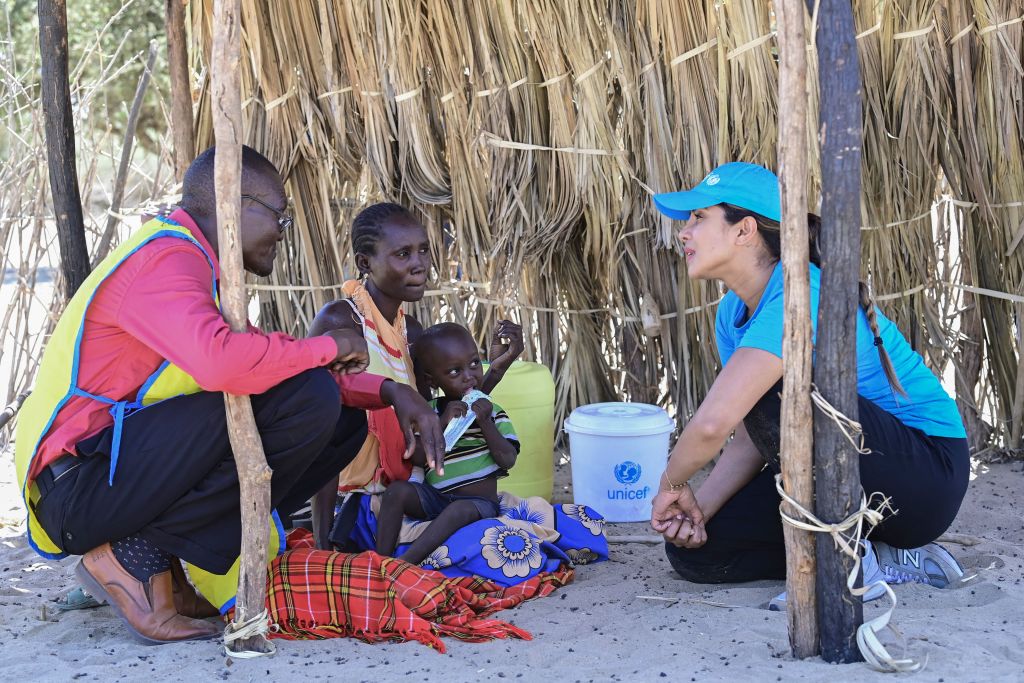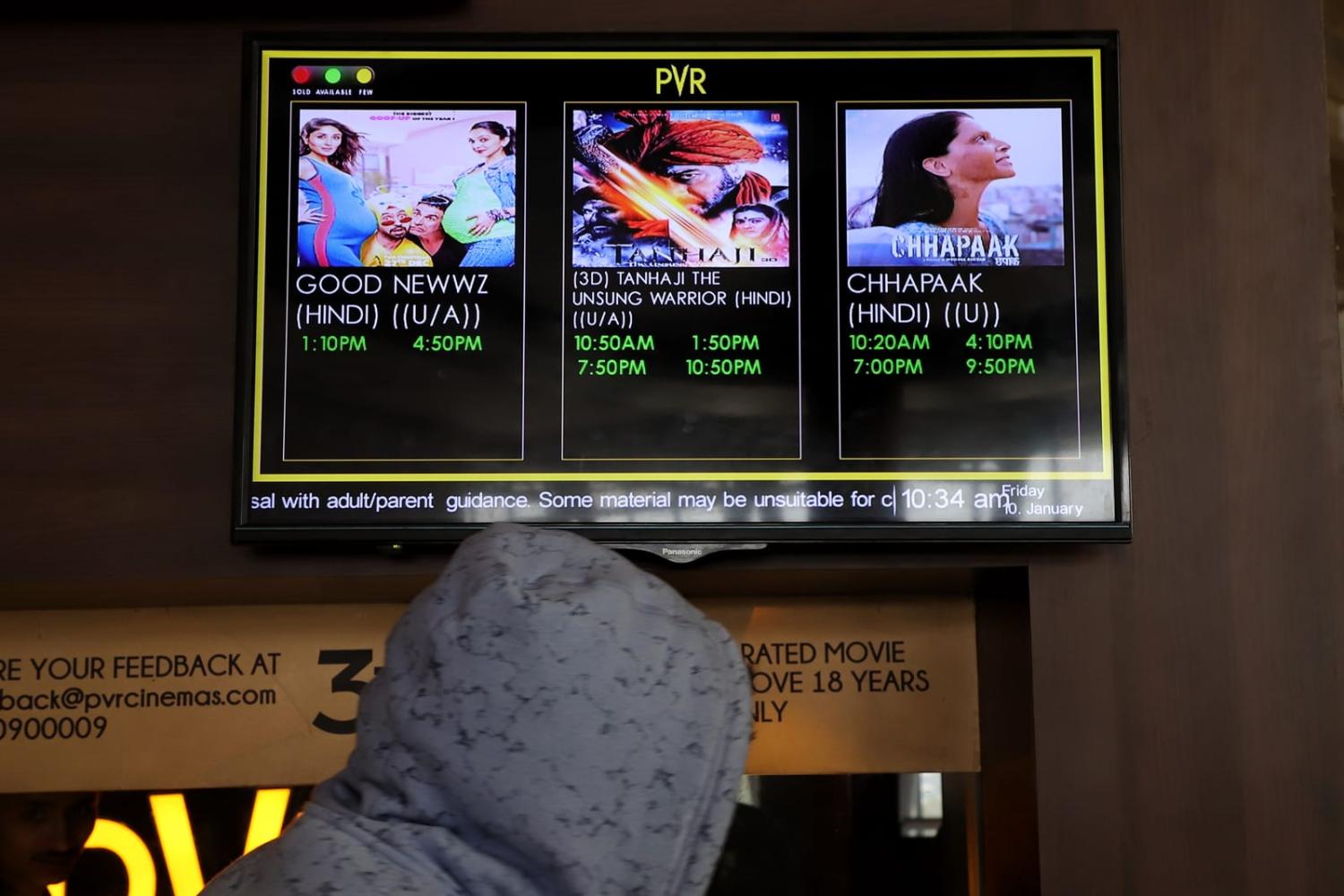In an era when “boycott culture” has firmly taken root in the Indian film industry – threatening the success of big-budget pictures and smaller movies alike should they run afoul of populist sentiment – some major celebrities continue to take risks by demonstrating personal support for leading causes.
Many of these celebrities are women, such as A-list Indian female actors Deepika Padukone, Alia Bhatt and Priyanka Chopra, among others. These actors have made a spirited attempt to break the “picture perfect” image that has been the norm in India, and at the same time helped dispel common gender tropes. Their actions carry an important message for the international audience as well.
These celebrities are representatives of a “new India” where women have a voice. Through their success, they have built trust, credibility and likeability – and a domestic professional validity that has translated into relative international acceptance and recognition, enabling them to speak their minds on issues of national and international importance.
Unlike traditional diplomats who often follow the script as representatives of respective governments and are confined to issues of “high politics”, Indian women celebrities have constructively used the “media”, old and new, to promote their causes. This direct public engagement might be characterised as a “hearts and minds” campaign – as opposed to that of traditional diplomats who often present a stereotypical image of India to the world that caters to a select audience.
Women celebrities have recently made an impact on national and international audiences by speaking out on issues that influence global public health and politics.
Deepika Padukone, for example, has talked about her personal battle with depression, and Alia Bhatt has spoken about her struggle with anxiety – helping dispel the stigma of these widespread mental health challenges. In fact, both Padukone and Bhatt have raised these issues in global settings, including at the Cannes film festival and elsewhere.
Priyanka Chopra has gone a step further, not only speaking personally but advocating for the welfare of Ukrainian refugees, among others. As a UNICEFs goodwill ambassador Chopra visited areas in drought-stricken Kenya last month to raise awareness of relief efforts. Chopra has also recently supported Iranian women in their quest for freedom, although she was criticised for not doing the same for Muslim school girls in India.

The domestic backlash for advocacy can be intense. Padukone appeared at Jawaharlal Nehru University in January 2020, where she stood silently in solidarity with university students after a campus attack. Padukone’s actions accorded her a rare dignity that few celebrities in India have achieved, but it also brought the ire of opponents. Bhatt has indirectly responded to her political critics by advocating for a boycott of both the “boycott culture” and “bans” on films featuring actors who have not toed a political line.
The willingness of these women actors to speak on international issues and matters concerning wider society has had a positive effect. In film, and the culture surrounding the art, it marks a break from a patriarchal past. For years, the image of the quintessential “angry young man” has dominated Indian screens, while international audiences were attuned to seeing a “knight” in shining armour protecting the damsel(s) in distress. Off screen, actors felt compelled to remain true to their celebrity persona. But Padukone, Bhatt and Chopra reflect a modern vanguard for change, a welcome attempt to extend their support to political issues and show India in a fresh light.

